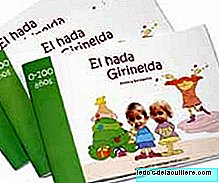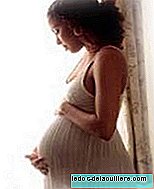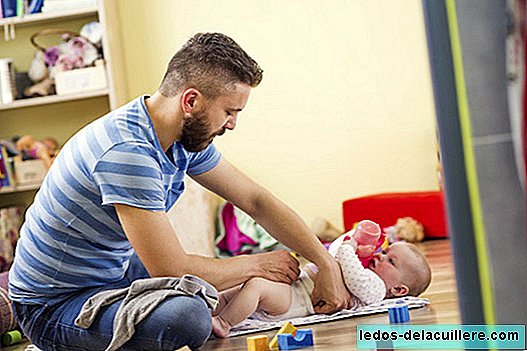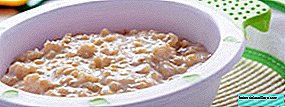We have talked on several occasions about the importance of extreme care in pregnancy to avoid infections caused by parasites or bacteria that could affect the baby such as listeriosis.
Listeriosis is an infection caused by bacteria Listeria monocytogenes It affects animals and to a lesser extent the human being, but in a newborn or in a baby in gestation it could be fatal.
The infection occurs through the consumption of contaminated foods such as raw milk, cheese made with raw milk, raw or undercooked meat, raw vegetables or sausages.
Listeria can pass from the intestine into the mother's bloodstream and pass through the placenta infecting the baby, causing premature birth, a spontaneous abortion or a birth where the baby is born dead.
AdvertisingThe symptoms of listeriosis are similar to that of a flu, headache, muscle aches, fever, sometimes nausea and diarrhea and if it affects the nervous system, seizures and loss of balance. In the baby it can cause sepsis (generalized blood infection), associated with meningitis, liver injury or pneumonia.
A team of researchers from the Pasteur Institute in Paris has found how exactly does listeria pass from mother to fetus to try to find a way to avoid it.
They have discovered that listeria requires two bacterial proteins (InlA and InlB) to cross the placental barrier and infect the fetus. They believe that by blocking one or both of these access roads, it would be possible to prevent the mother from passing the infection to the fetus.
If so, we could be close to the formula to prevent the spread of infection from mother to baby, which would help save many lives since a third of cases of listeriosis occurs in pregnant women.












